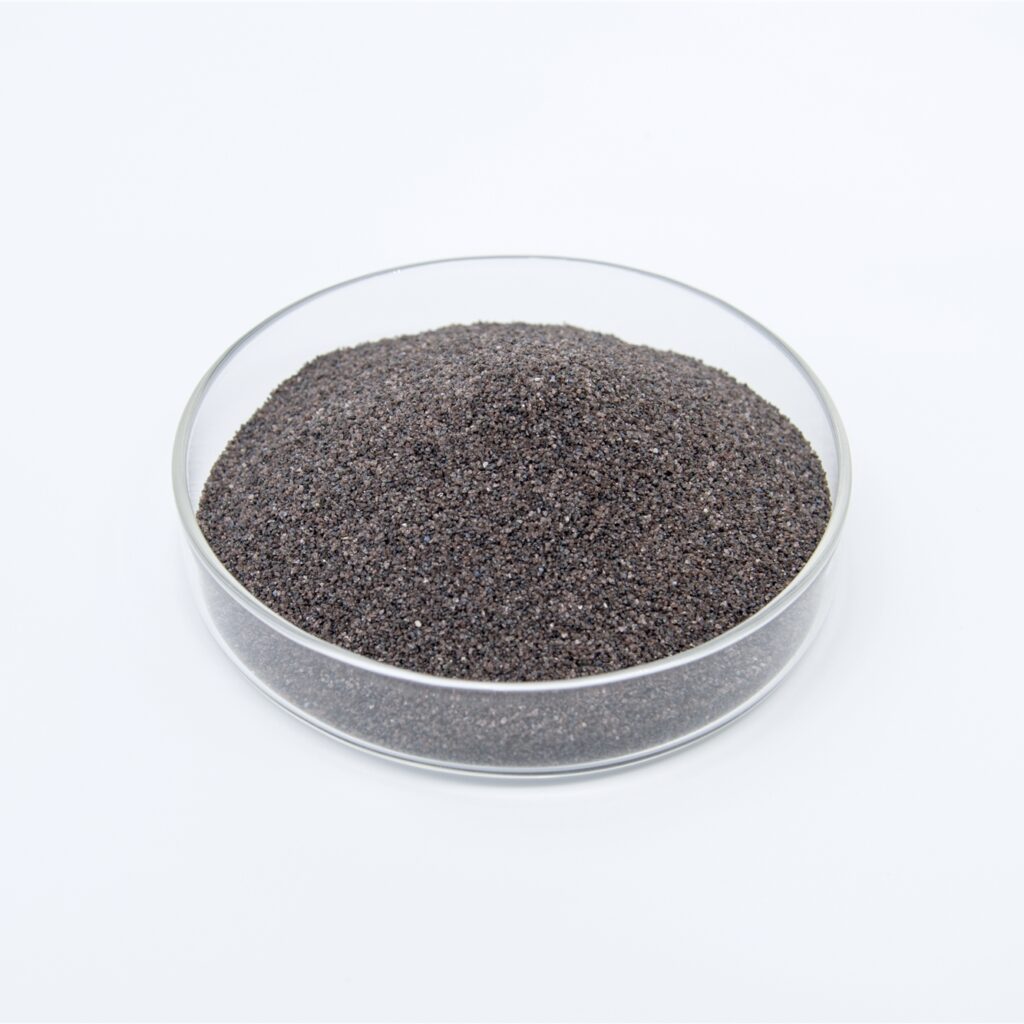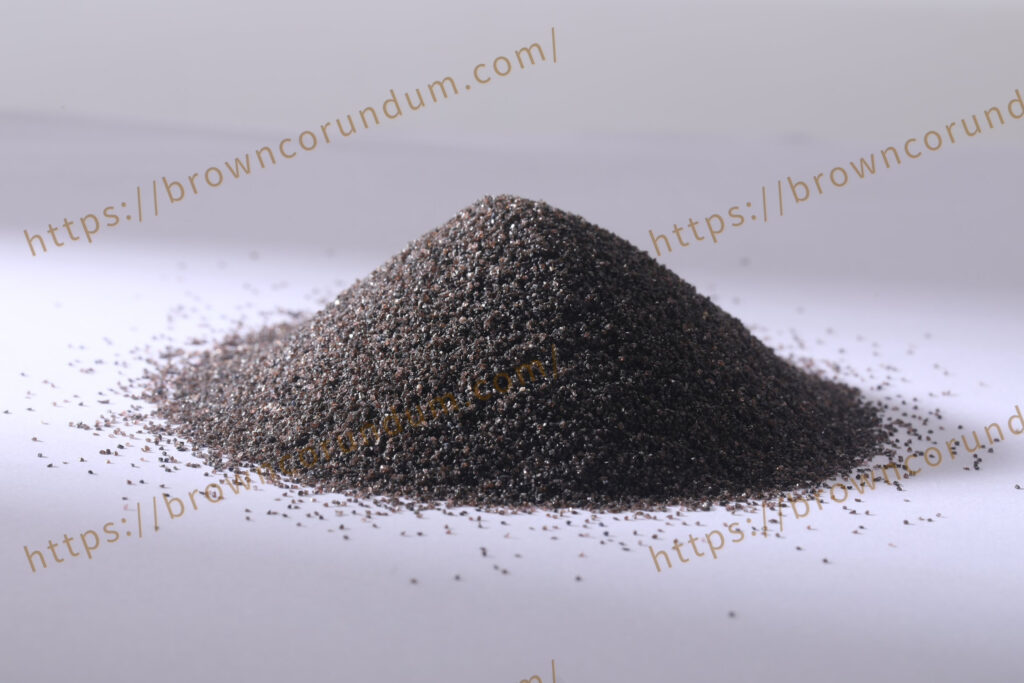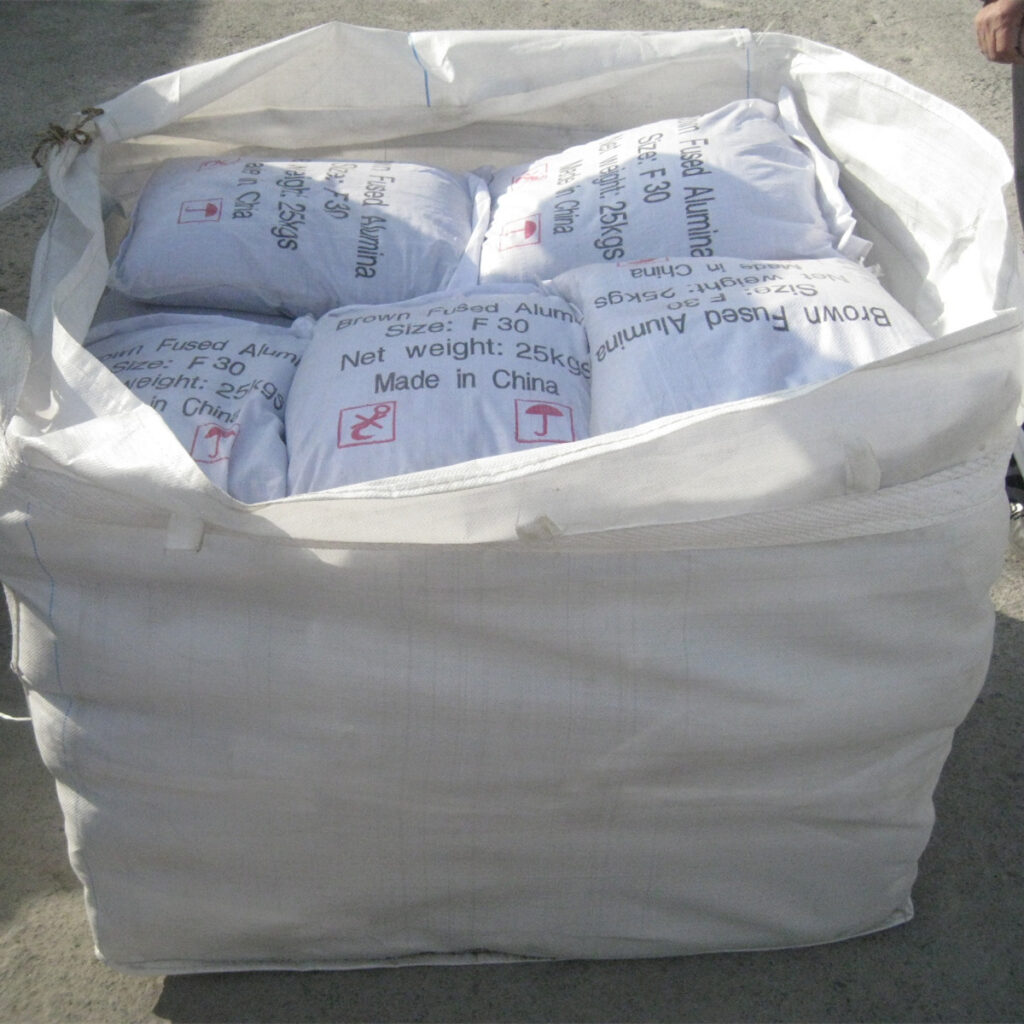Brown fused alumina (BFA) blasting grit is a popular abrasive material widely used in surface preparation and cleaning applications. Here are some of its key advantages:
1. High Hardness & Durability
Brown fused alumina has a Mohs hardness of around 9.0, making it highly effective for removing tough coatings, rust, and contaminants from metal, concrete, and other surfaces.
It maintains its cutting ability longer than softer abrasives, reducing consumption rates.
2. Reusability & Cost-Effectiveness
Due to its toughness, BFA grit can be recycled multiple times in blasting operations, lowering overall costs compared to non-reusable abrasives.
3. Sharp & Angular Grain Structure
The irregular, sharp particles provide aggressive cutting action, ensuring efficient material removal and excellent surface profiling for coatings or adhesion.
4. Low Silica Content (Safer than Sand)
Unlike silica sand, BFA contains minimal free silica, reducing the risk of silicosis and making it a safer choice for operators.
5. Versatility in Applications
Suitable for dry & wet blasting, BFA works well on metals (steel, aluminum), stone, glass, and composite materials.
Used in industries like shipbuilding, automotive, aerospace, and construction.
6. Minimal Embedded Particles
Unlike softer abrasives (e.g., walnut shells), BFA reduces the risk of embedding in softer substrates, ensuring a cleaner finish.
7. Chemical Inertness & Heat Resistance
Resistant to acids and alkalis, making it useful in corrosive environments.
Withstands high temperatures, suitable for heat-resistant coatings.
8. Dust Reduction (When Used with Proper Systems)
Generates less dust than some alternatives (like coal slag), especially when paired with dust collection systems.
Common Uses:
Rust & paint removal
Surface preparation before coating/welding
Deburring & finishing metal parts
Etching concrete/stone
Comparison to Alternatives:
vs. White Aluminum Oxide: BFA is more cost-effective but slightly less pure (93–97% Al₂O₃).
vs. Garnet/Silica Sand: Safer and longer-lasting.
vs. Steel Grit: Less aggressive on sensitive surfaces but non-metallic (no risk of sparking).



